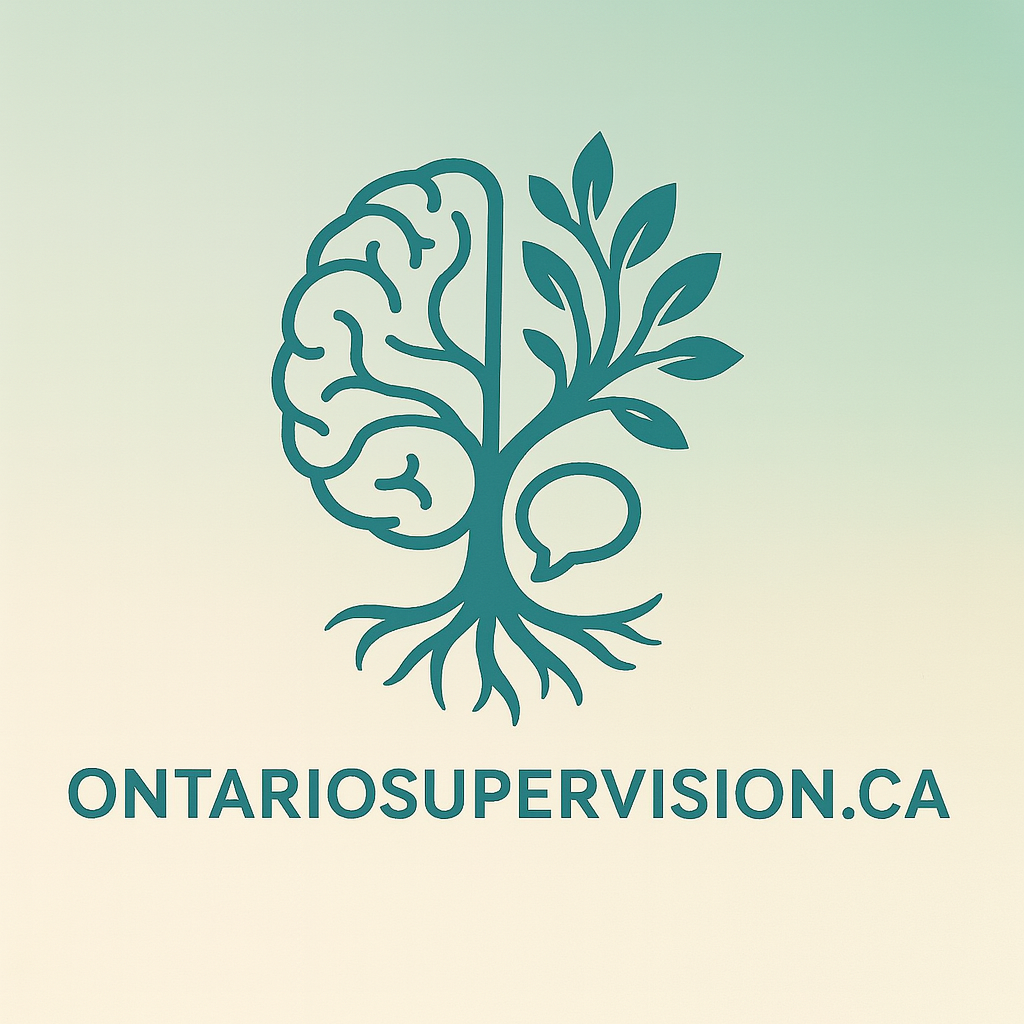Medical Assistance in Dying in Clinical Supervision
As of March, 2023, people whose primary diagnosis is a mental health concern will be eligible for Medical Assistance in Dying (MAID) throughout Canada. Understandably, this is a concerning time for many mental health practitioners and questions remain about what actually constitutes “‘grievous and irremediable’ mental illness”.
It seems as though Canadians overwhelmingly support a patient’s desire to peacefully end their suffering from a physical illness. But when it comes to mental illness, there is much more of a divide. At the centre of the debate is exactly how to characterize a mental health illness as grievous and irremediable. As clinians, we understand that a client can have suicidal ideation one day, and perhaps not the next. Many of us shudder to think of the consequences of someone being rushed through the MAID system without enough safeguards in place.
What Safeguards Are There?
As this legislation has not come into effect yet, there is still some ambiguity in the application of MAID for mental health. However it is certain that two medical professionals, doctors or nurse practitioners, have to agree that the condition is not likely to improve. This is gauged by looking at past treatment approaches, effectiveness of the treatments and access to counseling and support. Due to the inequitable access to evidence-based mental health treatment, many clinicians are worried that MAID will disproportionately be applied to those who are living in poverty with little access to proven treatments. Frequent and in-depth clinical supervision will be required for any psychotherapist working with a client requesting MAID. Although your Ontario clinical supervisor won’t have all the answers, they will at least make it so you don’t have to go through it alone.
It certainly does seem a bit troubling that we will soon allow people with mental illness to legally take their own lives, but in Ontario, psychotherapy is not covered by OHIP. Rates for private, evidence-based psychotherapy vary across the province but range from $80 - $220 for a 50-minute session. Someone on Ontario Works or Ontario Disability Support Program would simply be unable to access these treatments. Perhaps we should fix the inequitable access to therapy before we start opening the floodgates of MAID for mental illness.
If the Government of Canada goes ahead with this increased access to MAID in 2023, it should be combined with some kind of program that offers free-evidence based therapy to every woman, man and child in the country. Without that, it is difficult to move forward with this legislation in good conscience.
There are however some safeguards in place. There is a 90 day evaluation period, the person must make a voluntary request that is free from any external pressure and must provide informed consent after being made aware of all available options. And of course, two professionals, either doctors or nurse practitioners, must also sign off. These safeguards will certainly help but they are not perfect. Some could argue that the 90-day assessment period is too short. Others could argue that there may be some coercion behind the scenes from either friends, family or other healthcare workers. And finally, informed consent is a very tricky issue when it comes to deciding to end your own life.
The Role of Psychotherapists and Social Workers in MAID
Inevitably, some clinicians will soon discover that a client on their caseload has applied to be considered for MAID. As this has never been done in Canada before, there are no rulebooks, no guidelines and no training courses for therapists helping a client navigate this complex reality. What is important is that you don’t take this on yourself. Involve your clinical supervisor in the case; consult with other professionals and above all, listen to your client. The role of the therapist in MAID decisions will hopefully become more clear in the coming years but at first we can expect it to be quite disjointed.
None of us ever want to see a client pass away. And it can certainly be painful to learn that a client whom you worked with for months has decided to take their own life. We might wonder ‘could I have done something different? Is it my fault they chose this?’ These questions are all natural and expected but if left unchallenged, could lead to serious problems for therapists.
So let’s talk about it. We are all figuring this out together and March, 2023 is just a short time away. As clinicians, we need to quickly get comfortable talking about MAID as it will soon be a reality that many of us will be faced with. Reach out, get support, talk to your Ontario clinical supervisor and let’s figure this out together and support one another as much as we can.
